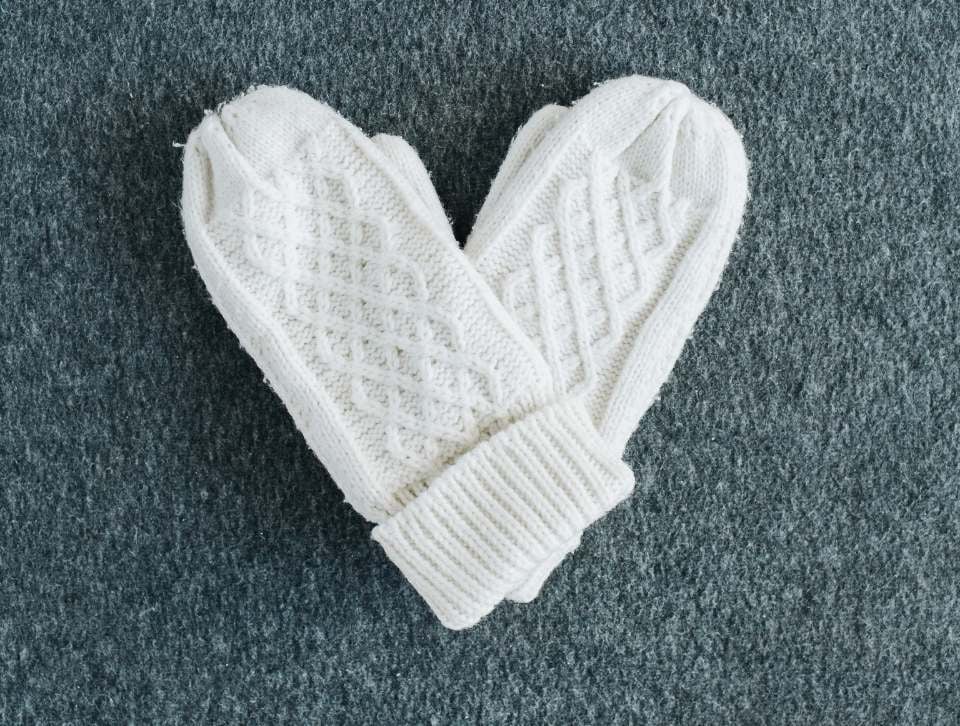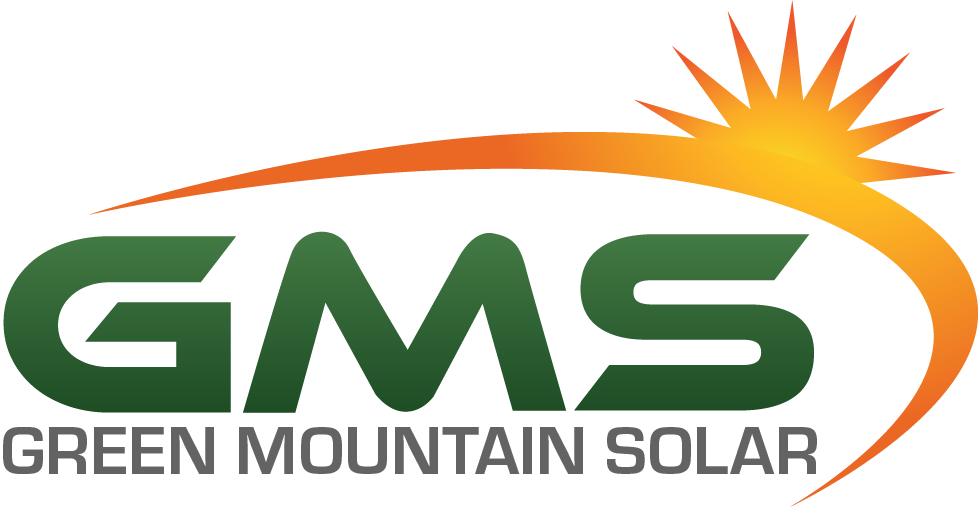Helping Keeping Vermonters Warm this Winter with the Champlain Valley Office of Economic Opportunity
Everyone shudders to open their heating bill when temps plummet in the winter, but for many Vermonters, the stakes are higher than you could imagine. 
“Poverty results in many situations where people are not able to meet their basic needs, and it is happening all around us,” says Travis Poulin, Director of Chittenden Community Action Program of Champlain Valley Office of Economic Opportunity (CVOEO). “Part of the insidious nature of poverty is that we seem conditioned to not want to talk about, to be ashamed if we are struggling to put food on the table or pay for the costs of basic safe, stable housing—despite that fact that most people will quickly recognize the high cost of living in Vermont.”
That’s where the Warmth program comes in. Run by CVOEO, this program helps provide financial assistance to lower-income households who need help keeping their heat on during the winter. “The goal is to help prevent people from losing their electricity and their heat during the winter months,” says Travis.
The most recent data shows that more than 3,000 families were helped by this program—up by 300 households since last year.
The Warmth program is unique in a few ways. First, it spans a greater stretch of time. “The Warmth program starts as soon as the weather gets colder, which is a good month and a half before any other form of financial assistance for home heating fuel becomes available through the state,” explains Travis. And it runs longer into the tail end of the heating season as well.
Another major difference is that it is entirely funded through private donations. This year, since their main fundraiser has been canceled due to COVID-19, Green Mountain Solar is helping to cover the program’s increase outreach costs.
“I love the concept of pairing with Green Mountain Solar,” says Travis. “It’s an energy company that is designed to help reduce waste and use an amazing natural resource that we all stare at and don’t think about!” says Travis.
Paul Lesure, President of Green Mountain Solar, was approached to sponsor this program through their existing partnership with Hall Communications, which includes local radio stations, WOKO, KOOL 105, and WJOY. “It felt like a really natural fit for us to support this cause,” he says. “We talk to people every day about energy usage. And since we also install energy-efficient electric heat pumps that pair perfectly with solar panels, we have a lot of conversations about heating costs too. All Vermonters deserve a safe, warm home in the winter and we’re glad we can help make that happen.”
The Warmth program helps all kinds of households. “A big portion of our population are folks who are working, struggling with one or more jobs paying minimum or just above minimum wage,” says Travis. “We also see a lot of seniors, individuals on disability or veterans’ benefits—fixed limited income. They simply need assistance to get through the winter when everything becomes more expensive.”
Travis tells one story of a 75-year-old woman, already struggling with health issues, who was running out of fuel in early October. “She told us that she was already keeping her house at 58 degrees, but maybe if she put the thermostat down to 55, she could make it until the seasonal fuel benefit came out on an eighth of a tank. She went on to say that her son had come by and was concerned about how cold it was in her house. She didn’t want him to worry that this was the norm for her, so she told him that she had turned off the heat because she was out running errands. So, a 75-year old lady had to lie to her son because she didn’t want to have to tell him that she didn’t have enough money to cover the cost of her own home heating fuel. It’s so heartbreaking.”
Since the program began in 1986, Warmth has provided funding to about 80,000 families and additional essential information and counseling to another 43,000 families to help them avoid heating crises.
The Warmth program is proving particularly important during COVID-19. “There was a lot of great assistance through CARES act funding, which has now ended, but not everyone was able to apply for it because the COVID-19 utility program only provided assistance if you had lost income due to COVID,” says Travis. He explains that many fixed-income homes saw increased expenses for things like PPE or safe grocery delivery, especially among older people afraid to go to the grocery store. “They had not lost income, but increased expenses did not qualify for that assistance. So, we’re working with a lot of those households now.”
“This is a really important program,” says Travis. “It really fills a gap of services. It addresses a need that is not met by any other program that serves a large base of people across the state. It helps keep people safe and stable in their homes when no other program can do that, particularly at the beginning and tail end of the heating system.”
By Julia Westbrook
If you are interested in supporting the Warmth program, you can donate at the CVOEO website.

Leave a Comment